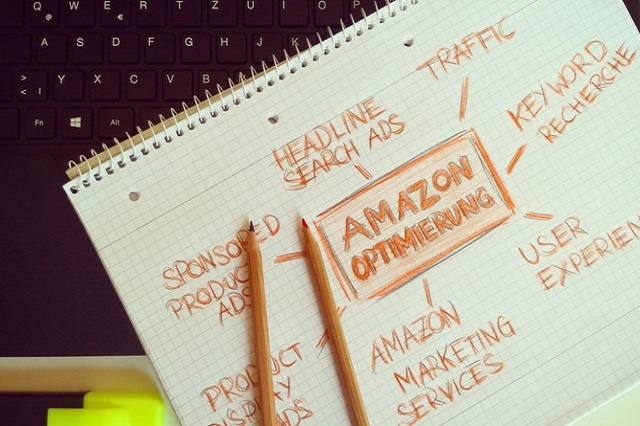All of us who have an online business look for and need to generate traffic. And to achieve this, one of the best-known strategies is SEO ( Search Engine Optimization ). Are you, therefore, looking for information about how to improve your web positioning? So, this article interests you because we are going to give you some SEO tips for 2020. The consequence of these changes is that your website can increase its visibility or that algorithms make your rankings go down.
 |
 |
The reality is that if we look back, we can see how the Google algorithm has changed a lot. Before the arrival of Google Panda or Penguin, it seemed that everything was worth it, but now, the truth is that we do not have it so easy (not impossible). Let’s see what you should aim for next year for your SEO strategy.
- Link building still matters
Although Google increasingly values the user experience, link building continues to weigh heavily on the algorithm. Issue? Every time you have to be more careful, buy only high-quality links, and watch your anchor text profile with 3 eyes.
- Make the most of the user experience
If you want to give your website extra SEO power, one of the best tips for 2020 is to work on your user experience. The user experience is everything related to the interaction with your website of the visits that come to it. The elements that make up the user experience are many; however we mention the most relevant:
- Accessibility, and navigability.

- Time on page and the number of page views.
- Loading speed.
- Graphic and visual design.
- Quality of the contents.
Taking all this into account, we recommend taking a test on your website by analyzing the following questions:
- How long does it take to load the page?
- Does the menu help to navigate?
- Do the web’s contents respond to what the user is looking for when he arrives at it?
If you have trouble analyzing these points, ask someone else for help to give you a more objective opinion. The experience that any visit has when it reaches your website must be as positive as possible. Keep in mind that if the content found is not satisfying, if the navigability is difficult, or if the web is slow loading, the user will leave sooner than it should.
- Don’t forget the user’s search intent
This point is derived from the previous one.
The user’s search intention is the information that a user expects to find about the keyword that he has entered in the search engine.
- Take care of your visual branding
Google is more and more visual, as users are doing more and more image searches. For this reason, it is now important to position elements that until now had not been taken into account, such as images, videos, maps.




